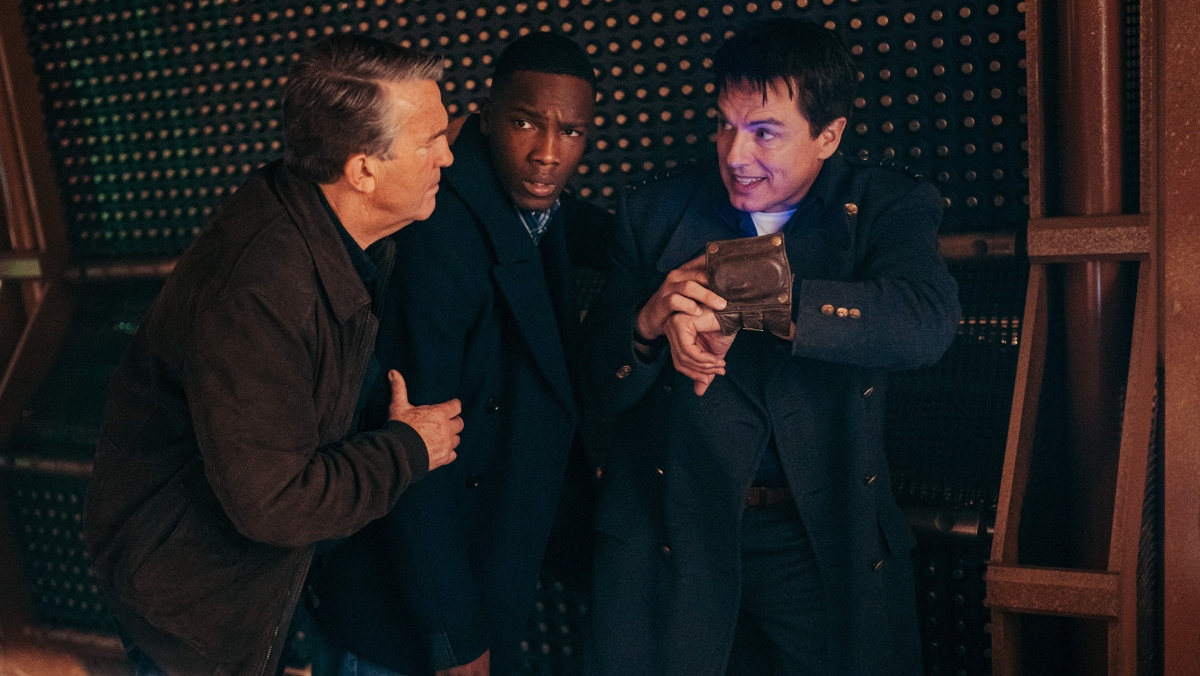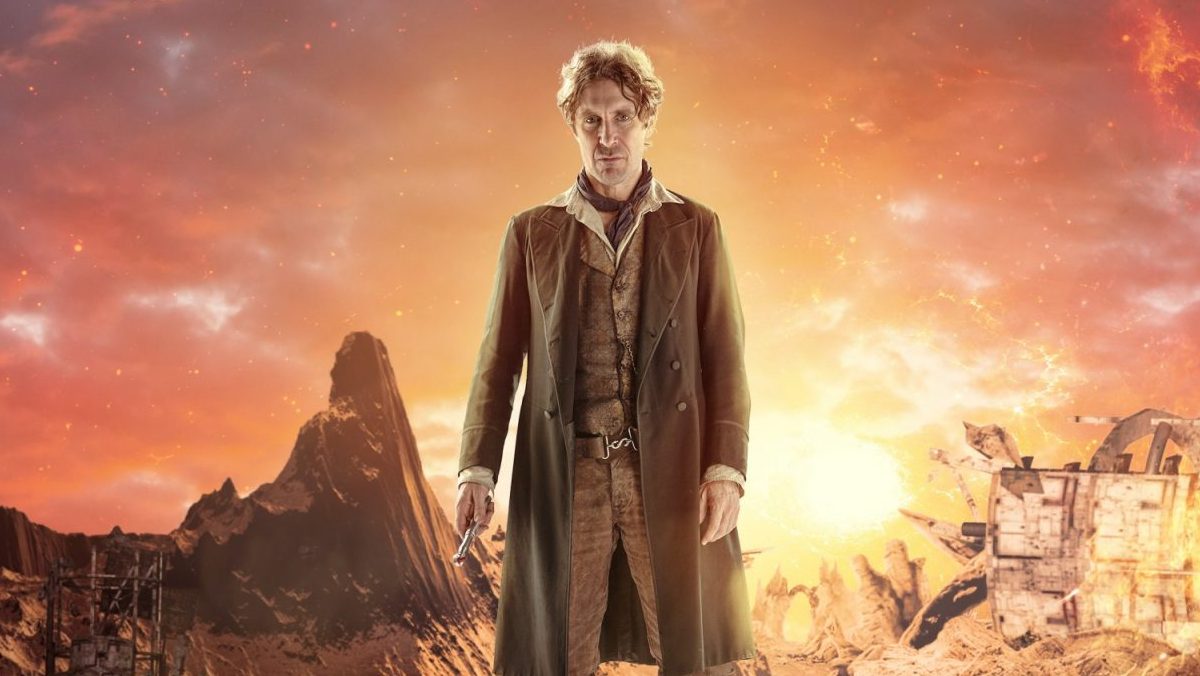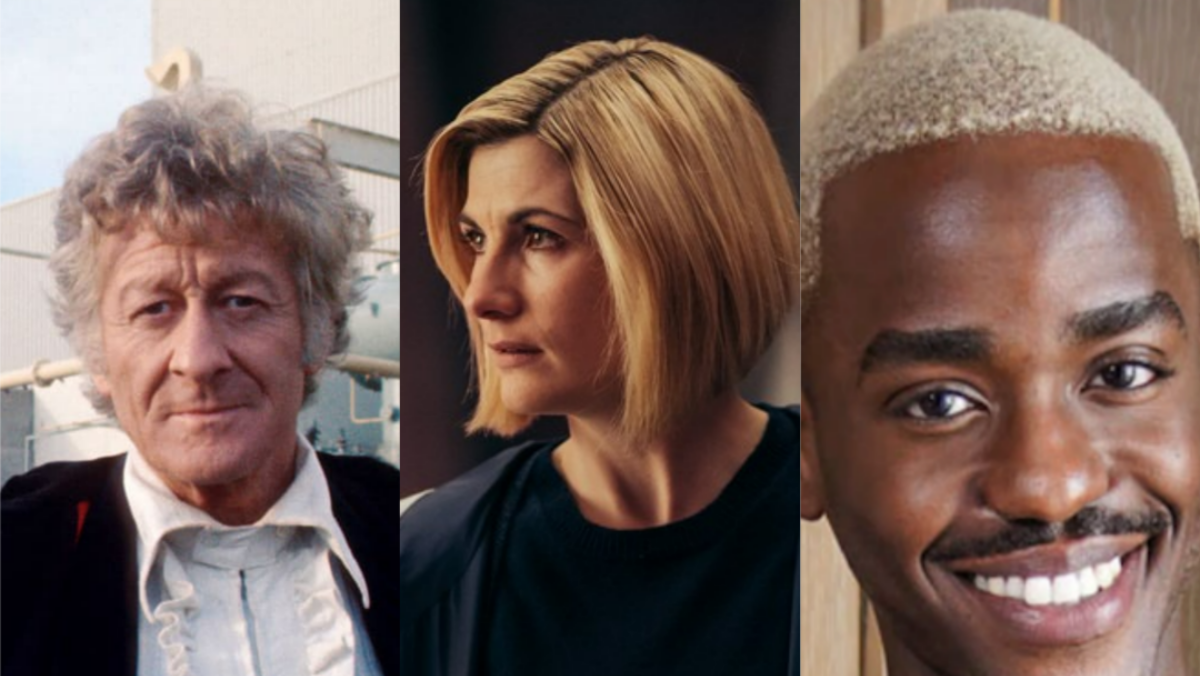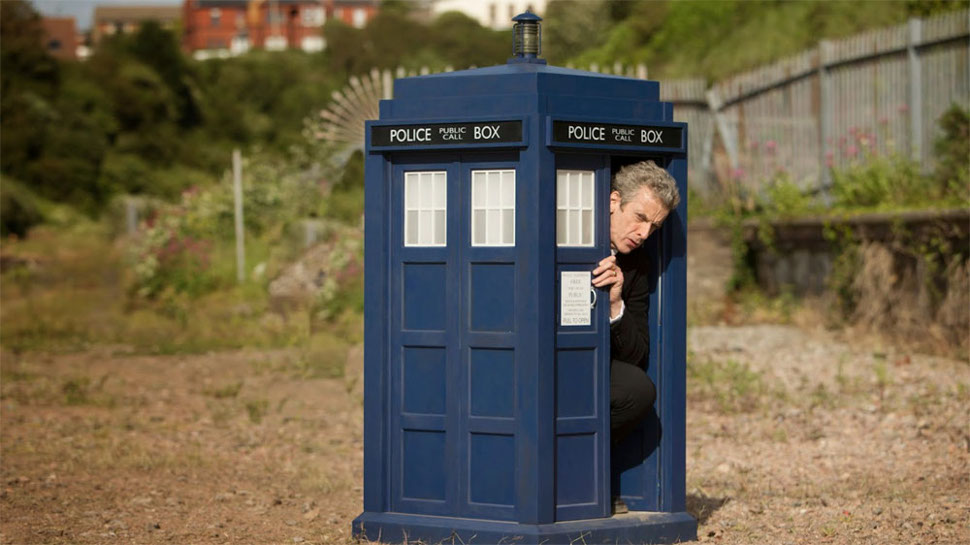As the Jodie Whittaker/Chris Chibnall era of Doctor Who awaits its final episode this fall during the BBC’s Centenary celebration, we’ve begun to get information about the show’s future. We know that Russell T Davies will be returning as showrunner. We know a lot about big casting details like the return of David Tennant and Catherine Tate. Plus there are new faces like Ncuti Gatwa as the Doctor and Yasmin Finney as a mysterious new Rose. With both actors, the long-running series continues its slow but ever-improving work towards being a much more inclusive and representative work. But will this new RTD era, this post-60th anniversary be more than just another of the show’s traditional handoffs of writers and cast? Could we be about to enter a brand new epoch of Doctor Who as we know it?
Doctor Who‘s Holy Trinity of Eras (So Far)

Before we dive too far into what’s coming, let’s take a look at what has been. When talking about Doctor Who, fans usually divide it into two main categories. There’s Classic Who and Modern Who, or “NuWho.” Classic Who starts at the beginning in 1963 when the show was first created by Sydney Newman and shaped by Verity Lambert and Waris Hussein with star William Hartnell (a process lovingly dramatized in the film An Adventure in Space and Time). The Classic Era goes up until the initial cancellation of the series in 1989, seven Doctors later. NuWho, an increasingly inaccurate nickname, began in 2005. Russell T Davies brought the show back to television with Christopher Eccleston in the semi-titular role and it continues until the present.
There is also a less remarked upon era of Who, yet no less important. Normally reserved to conversations of the sort of obsessive Whovians who might attend conventions, produce Who podcasts, or write articles with titles like “Are We at the Edge of a New Doctor Who Era?” is the Wilderness Years. It is the vague, semi-mournful, semi-nostalgic term for the disconnected space of time in between 1989 and 2005. Way back when the fans were lost in the wilderness, so to speak.

A consistent TV series did not exist in that gap of time; however, Doctor Who was by no means dormant. The content produced during the Wilderness Era would leave a sizable impact on the show to come. The New Adventures novels, which began publishing in 1991, featured new Who stories by writers from the classic era, like Terrance Dicks and Andrew Cartmel. And, the novels included some of the voices that would later shape the NuWho era, like Paul Cornell, Mark Gatiss, and Russell T Davies. In 1995, an attempt to reboot the show as an American series ultimately became the Fox television movie starring Paul McGann as the Doctor. Then in 1999, Big Finish Productions began creating audio plays of Who stories. This took place the same year of the BBC’s official parody of the show for the Red Nose Day charity, The Curse of Fatal Death.
A New Doctor Who Era on the Horizon: Welcome to Bad Wolf

As mentioned before, Doctor Who came back to TV in 2005. NuWho introduced us to five main Doctors, two significant secret Doctors from other points in time, and a whole host of companions, monsters, and feels. The BBC, either by BBC Wales or BBC Studios, is the producer behind the show. That is about to change. While not as attention-grabbing as the return of RTD or his big casting decisions, one major new development in Doctor Who involves this switch up. After Jodie Whittaker hangs up her iconic coat, the production of the series will go to a third-party production company, Bad Wolf.
Bad Wolf comes with a Who pedigree of its own. The company’s founders Julie Gardner and Jane Tranter were both highly involved with the show’s return in 2005. In fact, their company name comes from the first revival season’s mysterious “Bad Wolf” arc. BBC Studios will continue to distribute the show; however, we don’t know how the co-production with Bad Wolf will work financially. We do know that about a month after the announcement, Sony Pictures Television purchased Bad Wolf. This acquisition is likely sweetened by the presence of a certain blue box that’s bigger on the inside.

We can also assume that Bad Wolf’s new involvement plays a role in why RTD is back at the controls. His return announcement came at the same time as the Bad Wolf co-production deal announcement in the fall of 2021. What makes this so interesting is earlier that same year—before Chibnall and Whittaker’s departure had been made public—RTD gave Radio Times an interesting quote. He said Doctor Who should create expanded content at the level of Marvel, Star Wars, and Star Trek. Among his ideas were the return of Tate’s Donna Noble and further adventures of Tennant’s Tenth Doctor. Both of which are appearing in the 60th-anniversary special.
In November 2021, a month after Sony’s purchase, Bad Wolf filed for a new subsidiary company. Whoniverse 1 Ltd. is an almost blatant nod to RTD’s above statement. Looking at the facts together seems to signal what is in the works. A former showrunner make ambitious statements about the potential future of the show. Then, he gets hired for his old gig but does it alongside a new deal. One that could potentially establish exactly the sort of big picture future he laid out.
We can’t say for certain what Doctor Who will look like in 2023 and beyond. But it feels very likely that it will be as new and different from the Who we’ve seen so far. And there’s a good chance that the Bad Wolf era could be a distinctly fourth epoch in Doctor Who‘s history. Another regeneration, if you will.